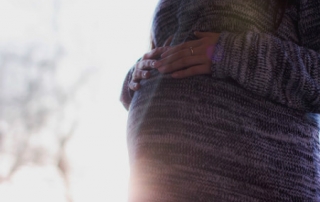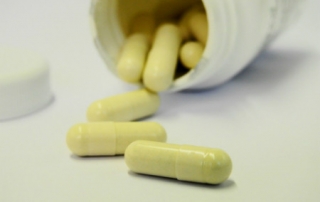Women with Recurrent Pregnancy Loss at Risk for Depression and Anxiety
In a recent cross-sectional study from Denmark, researchers compared the prevalence of stress and depressive symptoms among 301 women with recurrent pregnancy loss (or RPL) and 1813 women attempting to conceive naturally. RPL was defined [...]









